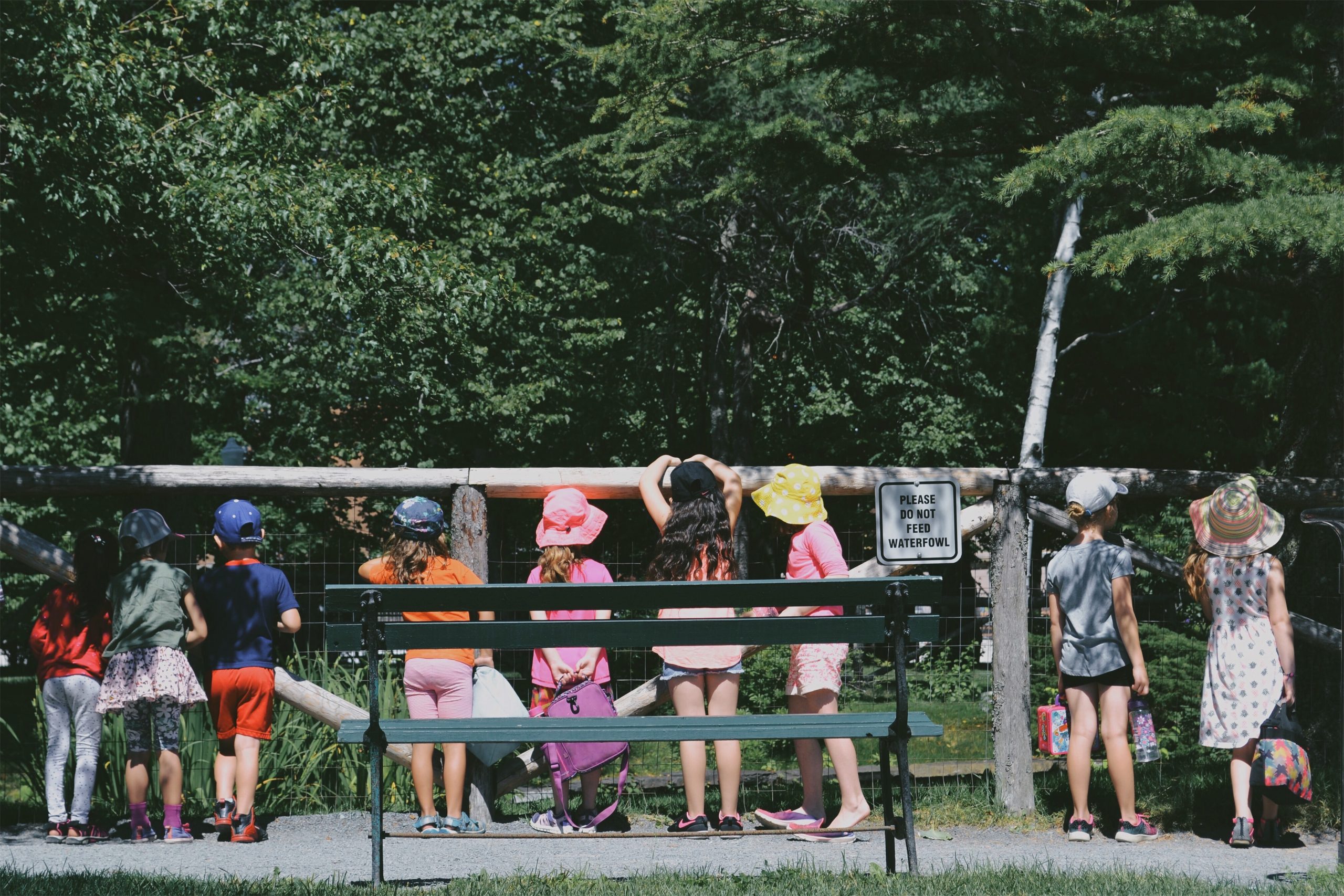
Investing in Community Learning Ecosystems
Summary
Developed during a different industrial era, today’s education system was never designed to meet modern learners’ needs. This incongruity has heaped systemic problems upon individual educators, blunted the effectiveness of reforms, and shortchanged the nation’s most vulnerable young people — outcomes exposed and exacerbated by COVID-19. Building back better in a post-pandemic United States will require federal investments not only in schools, but in “learning ecosystems” that leverage and connect the assets of entire communities. Tasked with studying, seeding, and scaling these ecosystems in communities across the country, a White House Initiative on Community Learning Ecosystems would signal a shift toward a new education model, positioning the United States as a global leader in learning.
FAS is invested in seeing more students gain science and technology skills and enter STEM careers, both for students and for our country’s competitive advantage.
By investing in the mechanisms that connect learning ecosystems, policymakers can build “neighborhoods” of learning that prepare students for citizenship, work, and life.
Early-career and out-of-state teachers tend to be most heavily concentrated in Alaska’s rural schools, where they face a steep curve in adjusting to a new way of life while learning the ropes of teaching.
The next administration should establish a national, federally-funded initiative to develop a robust and diverse pipeline of STEM talent.